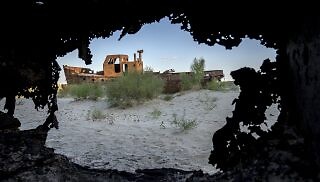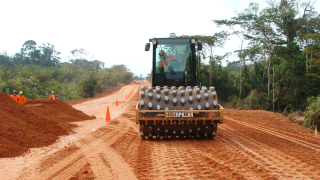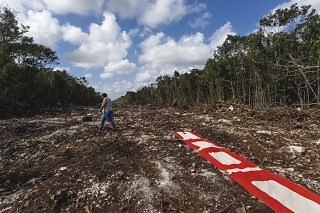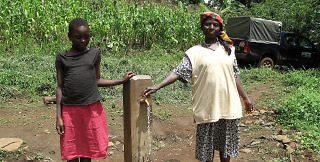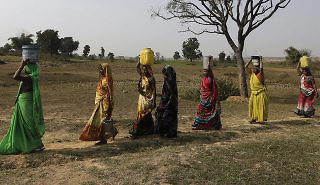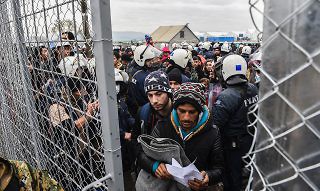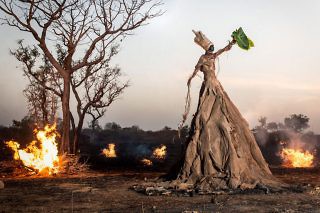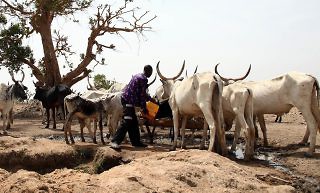It is not too late for UN member states to generate a planetary narrative and outcome for the Summit of the Future in September 2024. Here are some steps that can be taken so the Summit will resonate with the majority who see the environment as a top priority.
Tag: environment
-
-
Roads are the most damaging infrastructure in the Amazon rainforest. Research shows that Indigenous lands are crucial to safeguarding the forest ecosystems and immense carbon stores, acting as a buffer against road expansion, reducing both deforestation and fires.
-
The campaign to introduce a new international crime of “ecocide” at the International Criminal Court is long-standing but has received increased support over the last couple of years.
-
Cultural resilience of small island nation is impacted in at least four ways. These often have strong interactions with the more commonly noted vulnerabilities facing SIDS.
-
The availability of potable water supply in rural and urban areas of Cameroon has significantly lagged for the past two decades, while demand has increased tremendously.
-
United Nations Environment Executive Director Erik Solheim discusses connections between environmental management and peace and security.
-
IPI Senior Adviser Francesco Mancini offers four broad lessons from 2015 than can guide the conduct of global diplomacy in years to come.
-
Inspired by an idea to educate children, Fabrice Monteiro teamed up with fashion designer Doulsy to create “The Prophecy,” a tale of nine spirits that warn of the perils of neglecting the environment.
-
The SDGs have already been criticized for being too expansive and ambitious. But that is precisely their objective—to set aspirations and challenge the world to accomplish what many think cannot be done.
-
Since the 1999 establishment of the Fourth Nigerian Republic, farmer-herder violence has reached alarming levels, reportedly killing thousands and displacing tens of thousands more.
